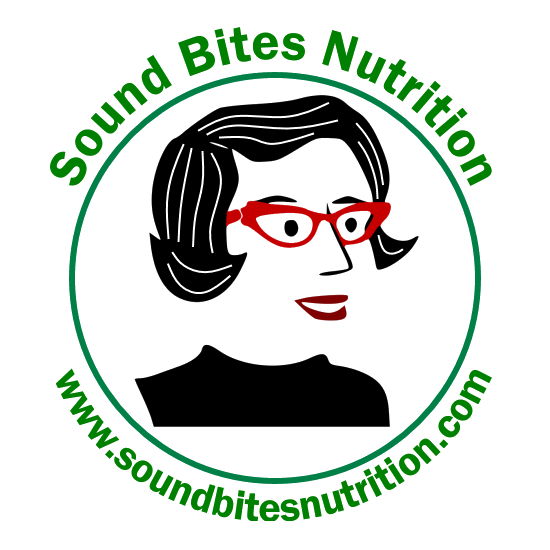 "Is butter better for you than margarine?" is a common question. I think all the confusion has resulted from the good fat, bad fat talk, and all the attention paid to trans fats. Here are few facts about all fats and a brief description of the types of fat found in our food:
"Is butter better for you than margarine?" is a common question. I think all the confusion has resulted from the good fat, bad fat talk, and all the attention paid to trans fats. Here are few facts about all fats and a brief description of the types of fat found in our food:
- Our bodies need a certain amount of fat for energy, to make cells, and to absorb some vitamins
- Good fat, bad fat refers to the role fats play in causing disease
- Fats have 9 calories per gram, more than double the amount found in carbohydrates and protein
|
Saturated Fats:
- Saturated fats (as the name implies) are saturated with hydrogen naturally
- Disease role - classified as a bad fat, may increase LDL (bad) cholesterol, may increase risk of developing certain cancers
- Sources - high-fat meats, whole and 2% dairy products, butter, cheese, and tropical oils (coconut, palm, and palm kernel)
- Listed on nutrition facts label
|
Trans Fats:
- Manufactured by adding hydrogen to polyunsaturated fats
- Disease role - classified as a bad fat, acts like a saturated fat by increasing LDL (bad) cholesterol and may increase risk of developing certain cancers
- Sources - processed foods with "hydrogenated" or "partially hydrogenated" oil in the list of ingredients
- Listed on nutrition facts label
- Manufacturers are removing trans fats from many products (due to the bad press), but in many cases they are replacing trans fats with saturated fat, another bad fat
|
Polyunsaturated Fats:
- Have less hydrogen than saturated fats
- Two major categories - Omega 3 and Omega 6 fatty acids
- Omega 3 fatty acids
- Thought to be one of the healthiest good fats
- Disease role - protects against death from heart attack, lowers triglycerides
- Sources - fatty fish (salmon, sardines, mackerel), canola oil, walnuts, and flaxseed
- Omega 6 fatty acids
- Thought that we need a 4:1 ratio of omega 6 to omega 3 for optimal health (most of us eat a 20:1 ratio)
- Disease role - mostly good fat because it may reduce LDL (bad) cholesterol, but it may lower HDL (good) cholesterol
- Sources - oils (corn, cottonseed, safflower, soybean, sunflower)
- Doesn't have to be listed on nutrition facts label
|
Monounsaturated Fats:
- Less hydrogen than saturated fats
- Disease role - good fat by lowering LDL (bad) cholesterol and protecting HDL (good) cholesterol
- Sources - olive, canola, and peanut oil, most nuts and nut butters
- Don't have to be listed on nutrition facts label
|
So the answer to the question, "Is butter better for me than margarine?" depends on how the margarine is made. If the margarine doesn't contain trans fats it will be better for your heart health than butter. So read the label!If you still have questions please contact us at Sound Bites Nutrition!.
 "Is butter better for you than margarine?" is a common question. I think all the confusion has resulted from the good fat, bad fat talk, and all the attention paid to trans fats. Here are few facts about all fats and a brief description of the types of fat found in our food:
"Is butter better for you than margarine?" is a common question. I think all the confusion has resulted from the good fat, bad fat talk, and all the attention paid to trans fats. Here are few facts about all fats and a brief description of the types of fat found in our food:
